This CDC fact sheet was updated on 06/01/2020, and will be updated below as more information becomes available. You can find the latest information on www.cdc.gov/COVID19
What is coronavirus (COVID-19)?
Coronavirus (COVID-19) is an illness caused by a virus that can spread from person to person. The virus that causes COVID-19 is a new
coronavirus that has spread throughout the world. COVID-19 symptoms can range from mild (or no symptoms) to severe illness.
How many cases of COVID-19 are there in the U.S.?
The first known case of COVID-19 in the United States was reported on January 21, 2020. As of August 3, 2020, there are 4,649,102 total cases in the U.S. and 154,471 total deaths. The current count of cases of COVID-19 in the United States is available on CDC’s webpage at https://www.cdc.gov/coronavirus/2019-ncov/cases-in-us.html.
How does COVID-19 spread?
COVID-19 is primarily spread from person to person.
The virus that causes COVID-19 likely emerged from an animal source, but is now spreading from person to person. You can become infected by coming into
close contact (about 6 feet or two arm lengths) with a person who has COVID-19. You can become infected from respiratory droplets when an infected person coughs, sneezes, or talks. It also may be possible to get COVID-19 by touching a surface or object that has the virus on it, and then by touching your own mouth, nose, or possibly their eyes. Learn what is known about the spread of newly emerged coronaviruses at https://www.cdc.gov/coronavirus/2019-ncov/about/transmission.html.
What are the symptoms of COVID-19?
Patients with COVID-19 are displaying a wide variety of symptoms, and we are learning more about this virus and its symptoms every day. The majority of COVID-19 patients experience mild to severe respiratory illness, with symptoms of:
- Fever
- Cough
- Shortness of breath
What are severe complications from this virus?
Some patients have pneumonia in both lungs, multi-organ failure and in some cases death. There may be long-term effects from this virus that are not yet understood.
How can I protect myself and others from COVID-19?
There is currently no vaccine to protect against COVID-19. The best way to protect yourself is to avoid being exposed to the virus that causes COVID-19. You should also:
- Stay home as much as possible and avoid close contact with others.
- Wear a cloth face covering that covers your nose and mouth in public settings.
- Clean and disinfect frequently-touched surfaces.
- Wash your hands often with soap and water for at least 20 seconds, or use an alcoholbased hand sanitizer that contains at least
60% alcohol. - Avoid touching your eyes, nose, and mouth with unwashed hands.
Practice social distancing
Buy groceries and medicine, go to the doctor, and complete banking activities online when possible. If you must perform essential activities in person, stay at least 6 feet away from others. Disinfect items you must touch, or if they are purchases, disinfect them as soon as you get home. Get deliveries and takeout, and limit in-person contact as much as possible.
How to prevent the spread of COVID-19 if you are sick:
- Stay home if you are sick, except to get medical care.
- Avoid public transportation, ride-sharing, or taxis.
- Separate yourself from other people and pets in your home.
- There is no specific treatment for COVID-19, but you can seek medical care to help relieve your symptoms.
- If you need medical attention, call ahead. This allows your doctors time to prepare space for you, as well protect both you and others when you arrive.
Is there a vaccine?
There is currently no vaccine to protect against COVID-19. The best way to protect yourself is to avoid being exposed to the virus that causes COVID-19, as well as take everyday preventive actions such as social distancing, wearing a face covering in public settings, and washing your hands often.
Know your risk for severe illness
Everyone is at risk of getting COVID-19. Older adults, and people of any age who have serious underlying medical conditions, may be at higher risk for more severe illness.
For more information, go to: www.cdc.gov/COVID19





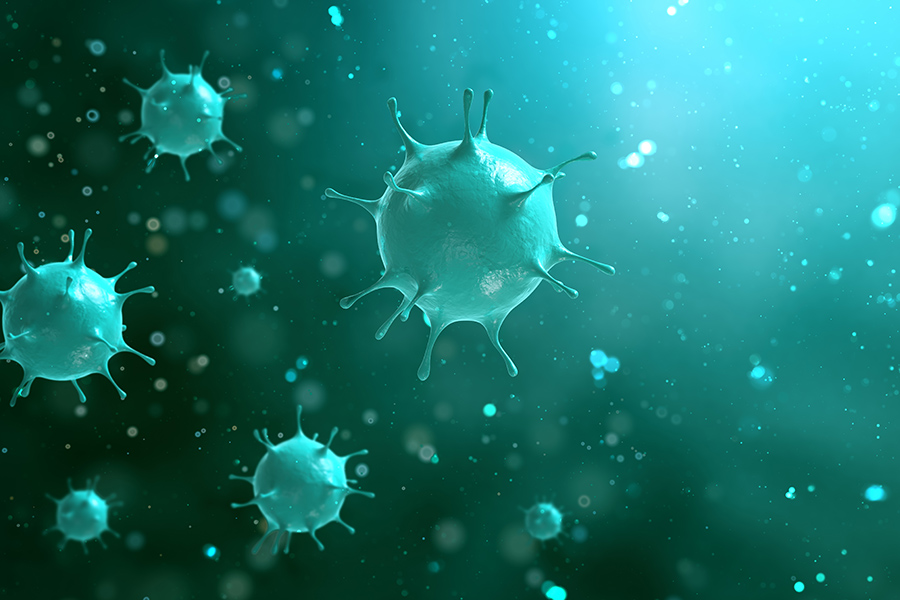


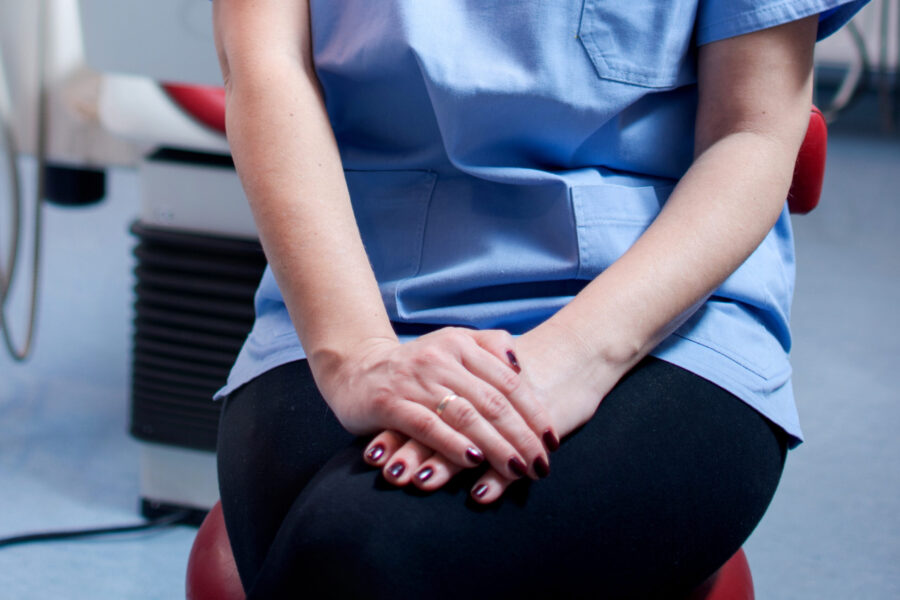


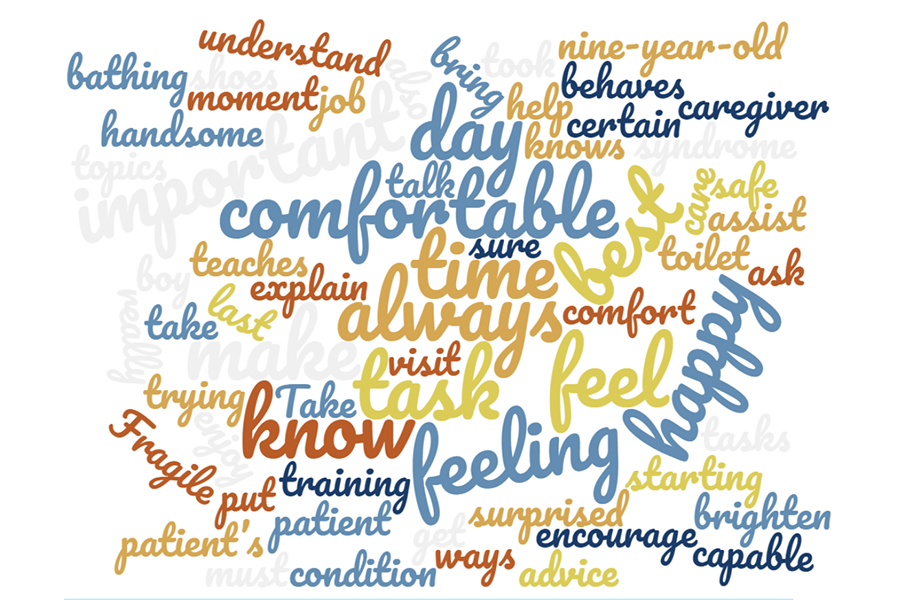
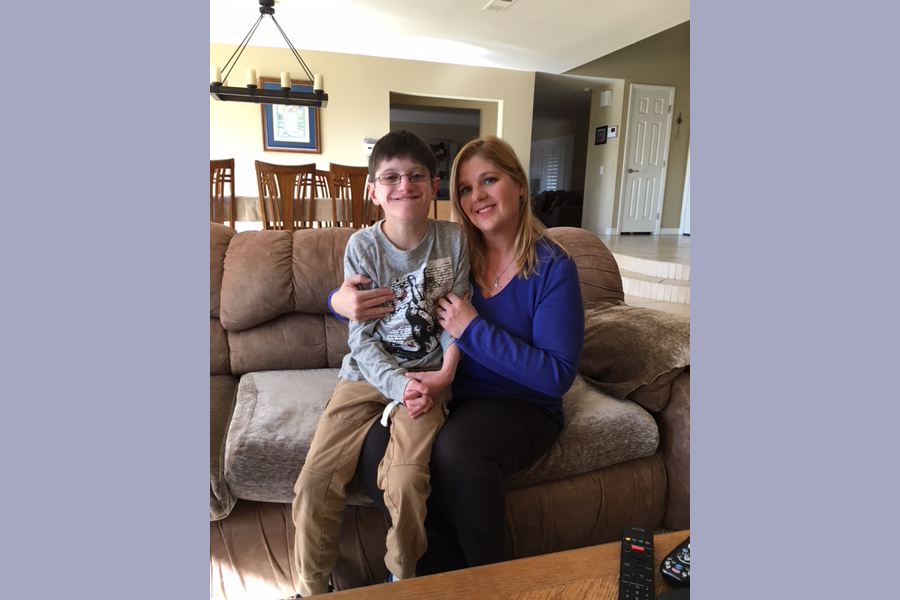


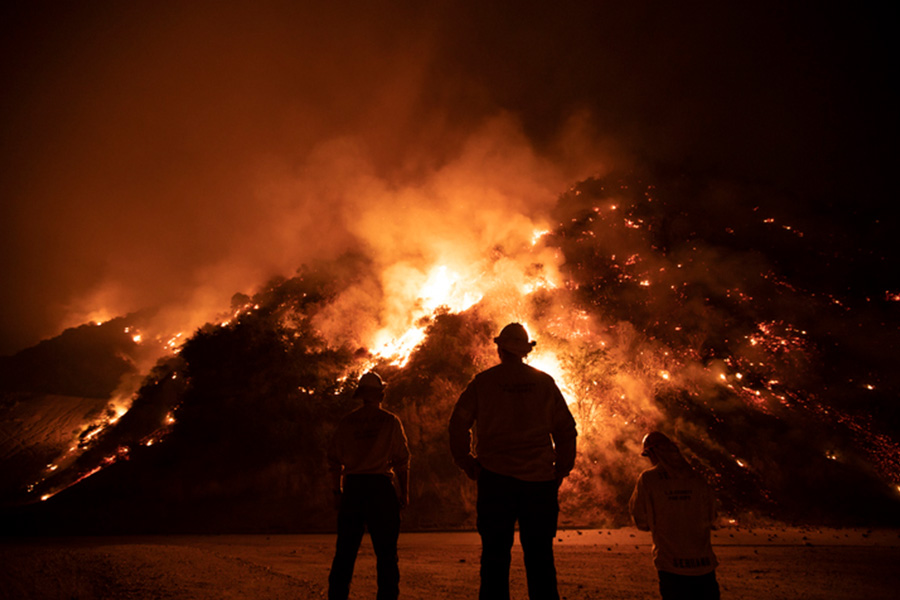




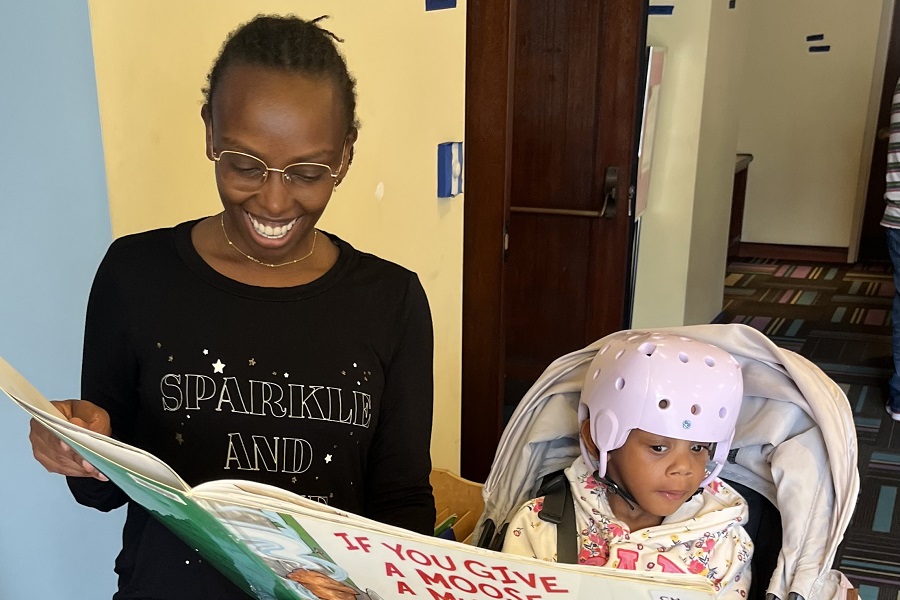


Thanks for keeping your explanations short and to the point. Lengthy explanations only make us think there’s even more to worry about. It seems like so many are panicking and hoarding. I am elderly, disabled and unable to shop on a regular basis. I am the one who is more at risk, and also the one who finds the store shelves empty. We should all keep calm and do the best we can to keep ourselves safe.